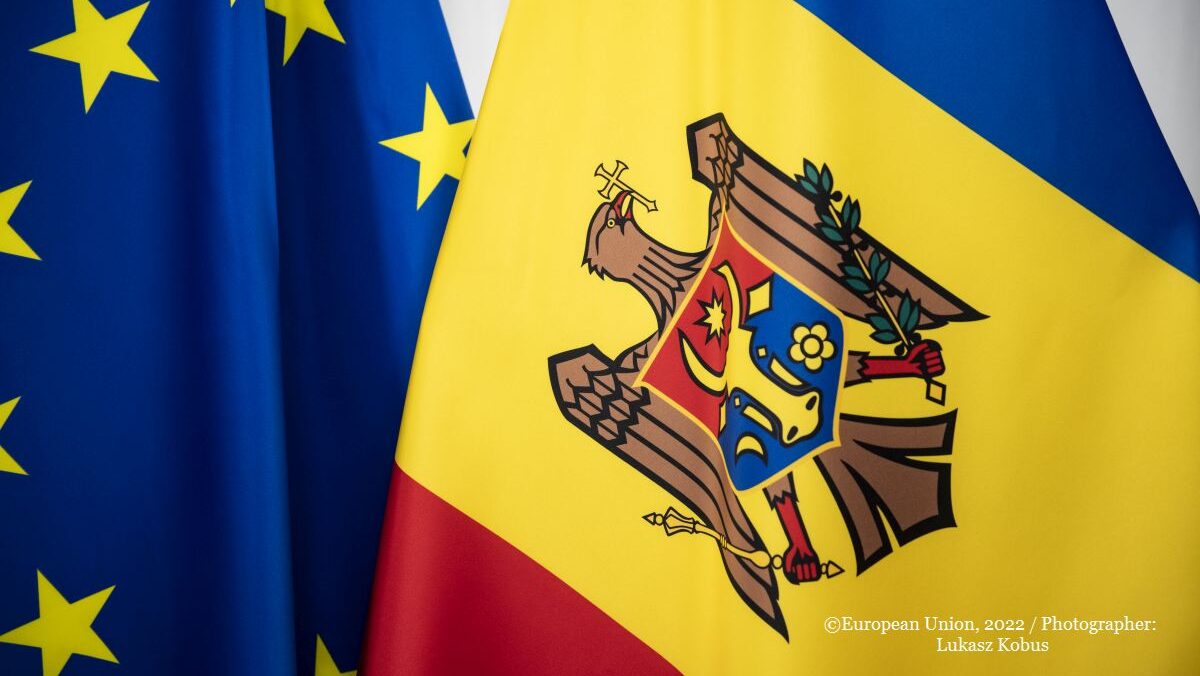The Eurobarometer on corruption
Six out of ten Romanians say they are affected by corruption in their daily life, shows special Eurobarometer on European citizens attitudes to corruption.

Eugen Coroianu, 11.06.2020, 13:50
64% of Romanians say their daily life is affected by corruption,
indicates the latest special Eurobarometer on corruption, an opinion poll
carried out across the European Union conducted in December last year and
published on Wednesday by the European Commission. Compared with 2017, this number
is 4% lower, but it’s in any case twice as high as the European average. Eight out
of ten people in Romania believe corruption is widespread around the country, a
perception similar to that of respondents from other European countries, where
seven out of ten people share this view. The survey also indicates that 48% of
Romanians believe the level of corruption has increased in the last three
years, 2% more than in 2017, 37% believe the level has remained the same and 7%
that it decreased.
Almost 8 people out of ten in Romania believe there is corruption in the
local, regional and national public institutions. Four out of ten believe
giving and receiving bribes and abuse of power for personal gain are widespread
across political parties, 36% believe this also applies to politicians,
33% to the public servants responsible for awarding public tenders and 25% to
private companies, all of these numbers being lower than the European average. 48%
of Romanian citizens see these practices as taking place in the healthcare
sector and 41% in the police and the customs authorities, both percentages
being much higher than the European average. According to the survey, corruption
is unacceptable for 69% of European citizens. The highest rejection rate is in
Portugal, with 88% and the lowest in Hungary, with 38%. In Romania, the percentage
of people who find corruption unacceptable is 48%.
The poll was conducted in Romania between 6th and 15th
September last year based on face to face interviews with over 1,000 people.
The EU average also includes the UK because at the time the survey was carried
out it was still a member of the European Union.
Governments and public-office holders should act in an
exemplary way by respecting anti-corruption measures and transparency standards, said
the Council of Europe’s anti-corruption body GRECO in its annual report published last week. The report
looks at measures to prevent corruption by GRECO member states in 2019 with
respect to MPs, judges and prosecutors, as well as central governments, including
top executive positions and law enforcement agencies. Romania is one of the 15
member states targeted at the end of last year by the non-conformity procedure
as part of the fourth round of evaluation. By 31st December 2019,
Romania had only fully implemented 6 and partly implemented 4 out of the 16
GRECO recommendations.
Recently, the British ambassador to Bucharest Andrew Noble
said Romania was one of the most courageous countries in eastern Europe by
creating institutions with a clear mandate to fight corruption at all levels.
He emphasised that even in difficult times, when these institutions did not
have political support, they continued to fulfil their mandate and bring those
guilty of corruption to justice.






























